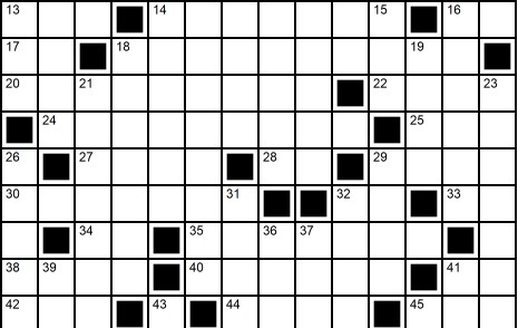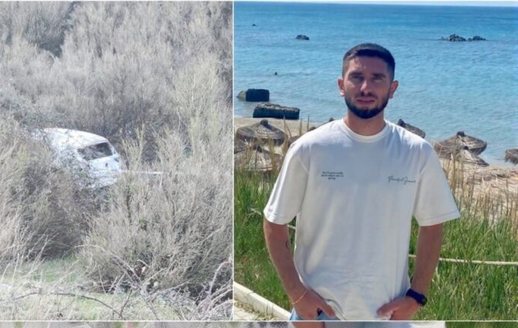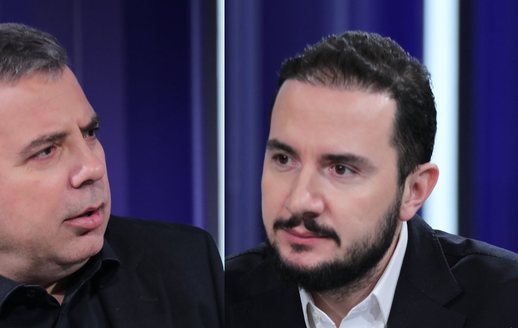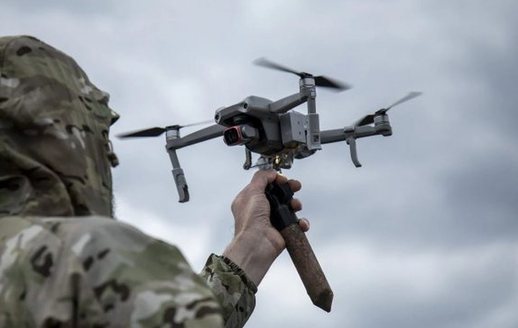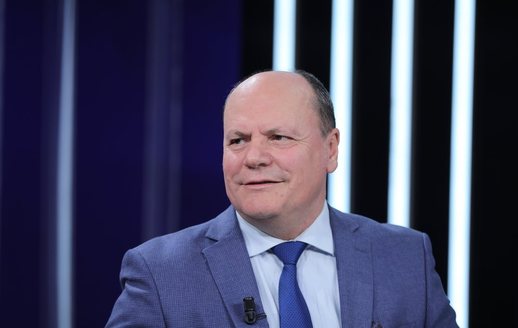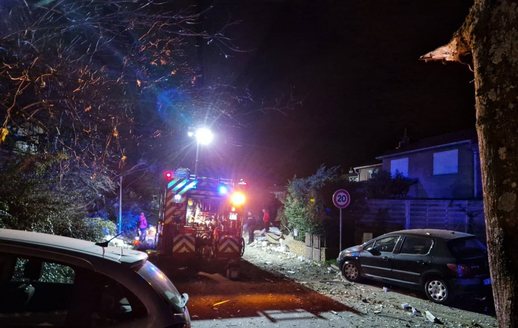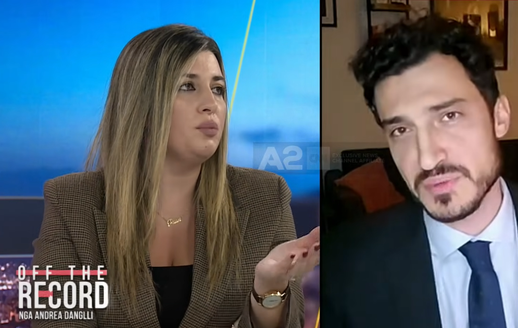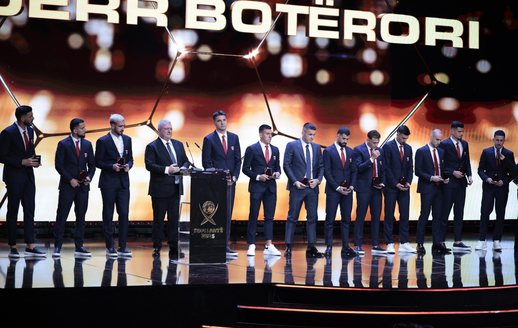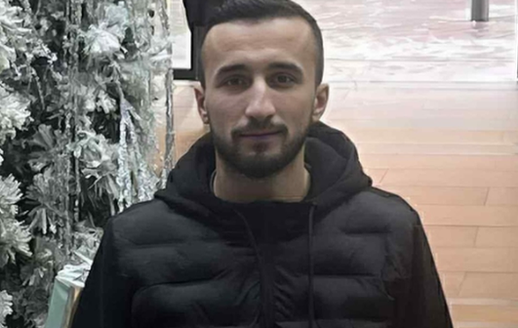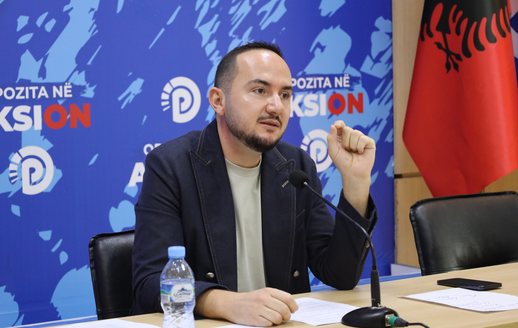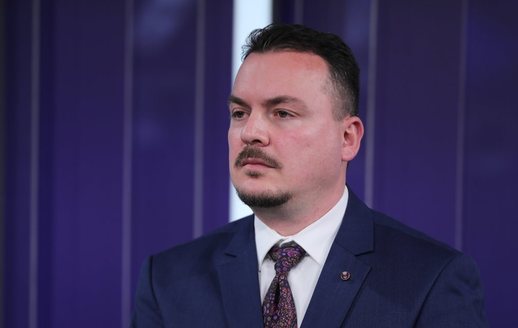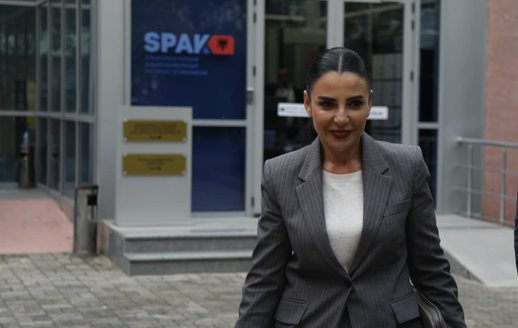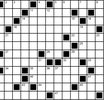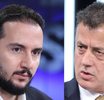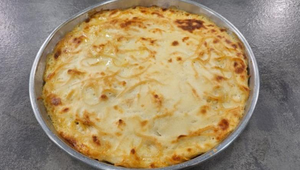
The Ukraine summit that ignored the tough questions

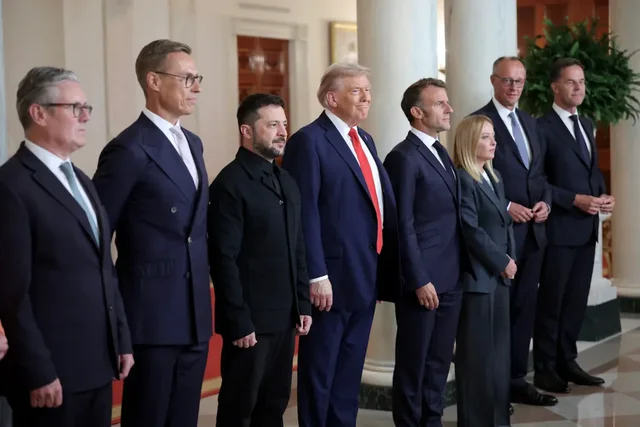
What a great meeting Volodymyr Zelensky and his European allies had with Donald Trump. The US president complimented Zelensky on his outfit, German Chancellor Merz on his “great tan,” and said Finnish President Alexander Stubb “looked better than ever!” Everyone – especially Zelensky – laughed out loud at all of Trump’s jokes. And the eight leaders present tried their best to appear united in their desire to achieve peace in Ukraine.
But there was one small thing missing from this White House festival of courtesies and compliments: a real discussion of the details of a deal that Vladimir Putin would be willing to accept.
One of the “elephants in the room” was the question of whether Zelensky would be willing to give up more territory in Donbas as the price of peace. Another was whether he would agree to officially recognize some or all of the territories occupied by Putin since 2014 as part of Russia. In short, every question to which Zelensky would answer “no way!” was carefully left unaddressed.
Trump seemed to have taken a page from the great diplomat Bing Crosby’s playbook – “you have to emphasize the positive, eliminate the negative, and not get involved in the things in between.” Which, everyone agreed, was better than Trump’s attitude during Zelensky’s last visit to the Oval Office in February, where the Ukrainian president was berated, talked down to, insulted, and then ignored. In that sense, relations had improved markedly. It’s true that, unlike Putin, Zelensky didn’t get the red carpet or a ride in the presidential limousine. But at least he got a warm welcome and immediate words of praise for the fact that he was wearing a suit this time.
Anyone hoping Monday’s meeting would yield major progress was disappointed. Trump made it clear several times that he and Putin were the ones who would ultimately decide the peace process, while European leaders were merely subservient. He told European visitors that he had spoken to Putin shortly before the meeting and would call him again shortly after. Trump felt in his element, acting like a board chairman consulting with directors before high-level negotiations with a rival company.
Megjithatë, pati një sinjal të qartë mbi çështjen që do të jetë vendimtare në fund të luftës – garancitë e sigurisë për Ukrainën nga aleatët e saj perëndimorë. Putini, në deklaratat e tij pas takimit me Trump në Alaskë, tha se ishte “natyrshëm i gatshëm të punonte” mbi garanci sigurie për Ukrainën. Trump më pas u tha kolegëve europianë se Putini kishte “rënë dakord” për këto garanci – dhe rrjedhjet e mëvonshme nga Shtëpia e Bardhë sugjeronin se edhe SHBA do të ishte e gatshme të nënshkruante.
Në Shtëpinë e Bardhë të hënën, Giorgia Meloni udhëhoqi debatin për të përcaktuar se si mund të dukeshin këto garanci, duke sugjeruar që ato të pasqyronin nenin 5 të NATO-s që kërkon (por, rëndësishëm, nuk detyron) anëtarët ta konsiderojnë një sulm ndaj njërit si sulm ndaj të gjithëve. Sir Keir Starmer shtoi se “nuk po flasim vetëm për sigurinë e Ukrainës, por për sigurinë e Europës dhe Mbretërisë së Bashkuar gjithashtu.”
Në paraqitje televizive, si Sekretari i Shtetit Marco Rubio ashtu edhe i dërguari i posaçëm i Trump për Rusinë, Steve Witkoff, e theksuan idenë e garancive të sigurisë për Ukrainën si një përparim madhor. Në të vërtetë, këto propozime nuk janë të reja. Në Stamboll në prill 2022, disa projekte-marrëveshjesh të përgatitura gjatë bisedimeve mes Ukrainës dhe Rusisë përfshinin klauzola të detajuara mbi natyrën e mundshme të garancive perëndimore të sigurisë jashtë kornizës së NATO-s. Por ato bisedime paqeje u braktisën në favor të izolimit të Rusisë dhe inkurajimit të Ukrainës që të mundte forcat e Moskës në fushë.
Pikërisht në Stamboll, rusët – në mënyrë absurde – kërkuan që vetë të ishin garantues të sigurisë së ardhshme të Ukrainës, ashtu si kishin qenë në Memorandumin e Budapestit të vitit 1994, dhe të kishin të drejtë vetoje mbi çdo ndërhyrje ndërkombëtare. Kjo, natyrisht, do ta bënte qesharak gjithë idenë e garancive të sigurisë. Mbetet për t’u parë nëse Putini do të rikthejë këtë kërkesë të papranueshme, por më e mundshme është që Kremlini të sugjerojë që Kina të jetë një nga garantuesit e ardhshëm të sigurisë së Ukrainës – gjë që do të hapte një set krejt të ri sfidash për aleatët e saj.
Megjithatë, të gjitha palët mund të ndjehen të kënaqura me konferencën e Uashingtonit. Nuk pati përparim, por as ndonjë katastrofë. Më e rëndësishmja, Trump nuk i qortoi europianët për “ushqyerjen falas” me buxhetin ushtarak të SHBA, për mos-kontributin në armatosjen e Ukrainës, apo për mos-ndalimin e luftës kur kanë pasur mundësi – të gjitha pika të zakonshme të diskursit MAGA. Dhe gjithashtu, ai nuk kundërshtoi asnjë argument europian, edhe kur Macron dhe Merz folën për rikthimin tek ideja e një armëpushimi përpara bisedimeve përfundimtare të paqes. Kjo pikë ishte hequr tashmë nga vetë Trump në Anchorage kur pranoi afatin e ri të Putinit, por ai ishte mjaftueshëm taktik për të mos ua kujtuar mysafirëve.
For their part, the Europeans did not accuse Trump of abandoning Ukraine by cutting off arms and funding, nor did they accuse him of selling out Kiev’s interests. They did not criticize him for rolling out the red carpet to an accused war criminal, or for not having Putin arrested upon his arrival in Anchorage. In short, everyone in the room – including Trump himself – was on his best behavior.
Does good behavior equal real Western unity? Yes, as long as no one raises the hard questions of: giving up territory, language rights for Russian, returning kidnapped children, paying reparations, lifting sanctions on Russia, allowing pro-Russian political parties and television stations, lifting Ukraine’s sanctions on Zelensky’s 5,000 political opponents, or holding long-delayed elections – to name just a few of the complex issues that stand in the way of war and peace.
Trump’s next step, he says, will be to arrange a three-way meeting between himself, Putin and Zelensky. It’s a big challenge – not least because Putin has made it clear that he does not consider Zelensky a legitimate leader, while the latter passed a law in 2022 that prohibits negotiations with the Putin regime. And if such a meeting does happen, we can be sure that all the most complicated questions will be asked from the beginning – and no one will be on their “best behavior”./ Translated by Alfapress.al
Happening now...
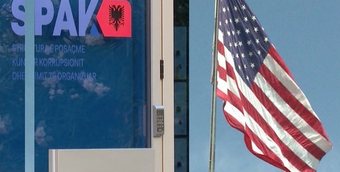
America may withdraw from Europe, but not from SPAK
ideas
top
Alfa recipes
TRENDING 
services
- POLICE129
- STREET POLICE126
- AMBULANCE112
- FIREFIGHTER128
